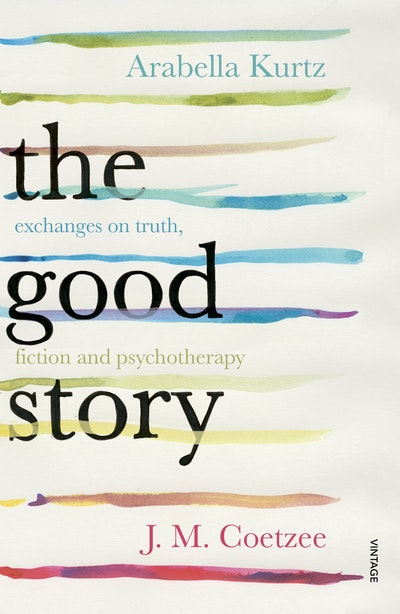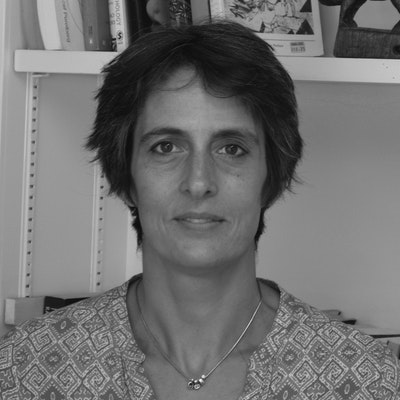The Good Story
Exchanges on Truth, Fiction and Psychotherapy
- Published: 21 May 2015
- ISBN: 9781473512290
- Imprint: Vintage Digital
- Format: EBook
- Pages: 208
It is the Man Booker prize-winning novelist’s agenda that drives the absorbing discussions of this book. Kurtz’s pieces are replies to Coetzee’s questions, and as such are insightful for both [psychoanalysis and novel-writing]
Gerard Woodward, Independent
Coetzee and Kurtz range freely across space and time, from ancient spells of bewitchment to the "confessions" of celebrities in magazines. Their arguments have a meditative quality, challenging, and helpfully open-ended
Lewis Jones, Newsweek Europe
Coetzee’s writing is characteristically spare and penetrating… Kurtz proves both a lucid expositor and an evocative literary stylist, bringing psychoanalytic ideas and practices to life with rare precision and immediacy
Josh Cohen, Literary Review
[Arabella Kurtz] writes with wonderful eloquence about imagination and the self, parrying Coetzee's relentless unmasking with her gently intelligent demurral
Tessa Hadley, Guardian
Coetzee is an exceptionally clear thinker, and his gift for expressing complex concepts through considered, precise prose is impressive
Totally Dublin



